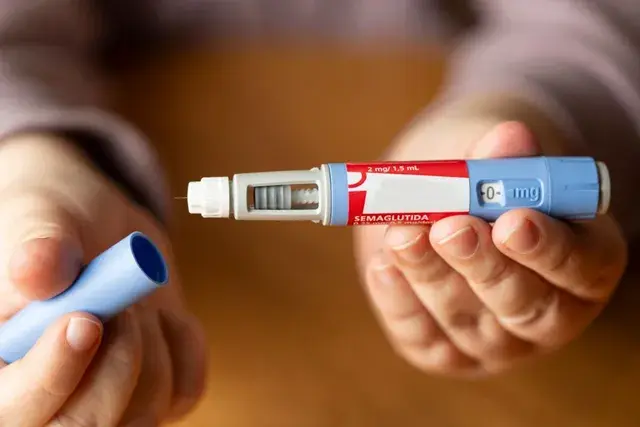What is The Best Diet for Weight Lose?
- fitmedicalweight2
- May 29, 2024
- 3 min read

The quest for the best diet for weight loss is a common one, and it's a topic that's been debated, studied, and scrutinized extensively. While there isn't a one-size-fits-all approach since individual bodies and lifestyles vary, certain principles can guide you toward a healthier, sustainable weight loss journey.
Caloric Deficit: At its core, weight loss boils down to burning more calories than you consume. This can be achieved by either reducing your calorie intake, increasing your calorie expenditure through exercise, or ideally, a combination of both. To create a caloric deficit, it's essential to understand your basal metabolic rate (BMR) – the number of calories your body needs to maintain basic functions at rest – and adjust your calorie intake accordingly.
Balanced Macronutrients: While there are various diets that advocate for different macronutrient distributions (such as low-carb, high-fat diets or high-protein diets), it's crucial to ensure a balance of carbohydrates, proteins, and fats in your diet. Carbohydrates provide energy, proteins support muscle growth and repair, and fats are essential for hormone regulation and nutrient absorption. Aim for a well-rounded diet that includes a variety of whole foods to meet your macronutrient needs.
Whole Foods: Emphasize whole, minimally processed foods in your diet, such as fruits, vegetables, lean proteins, whole grains, and healthy fats. These foods are rich in nutrients, fiber, and antioxidants, which support overall health and can help keep you feeling full and satisfied on fewer calories.
Portion Control: Even healthy foods can contribute to weight gain if consumed in excess. Pay attention to portion sizes and practice mindful eating techniques, such as eating slowly, savoring each bite, and stopping when you feel satisfied rather than overly full.
Regular Exercise: While diet plays a significant role in weight loss, incorporating regular physical activity into your routine can accelerate results and improve overall health. Aim for a combination of cardiovascular exercise, strength training, and flexibility exercises to burn calories, build muscle, and support overall fitness.
Hydration: Staying hydrated is essential for overall health and can also help in weight loss efforts. Drinking water before meals can help you feel fuller and may lead to reduced calorie intake. Aim to drink plenty of water throughout the day and limit sugary beverages and alcohol, which can contribute to excess calorie consumption.
Mindful Eating: Pay attention to hunger and fullness cues, and try to eat in response to physical hunger rather than emotional triggers or external cues. Practicing mindful eating can help you develop a healthier relationship with food and prevent overeating.
Consistency and Patience: Sustainable weight loss takes time and consistency. Focus on making gradual, sustainable changes to your diet and lifestyle rather than seeking quick fixes or drastic measures. Celebrate small victories along the way and be patient with yourself through the ups and downs of the journey.
Seek Support: Surround yourself with a supportive community of friends, family, or professionals who can offer encouragement, accountability, and guidance throughout your weight loss journey. Whether it's joining a fitness class, enlisting the help of a registered dietitian, or simply sharing your goals with a friend, having support can make the journey feel less daunting and more achievable.
Self-Compassion: Lastly, be kind to yourself throughout the process. Weight loss is not always linear, and setbacks are a natural part of the journey. Instead of beating yourself up over slip-ups or plateaus, practice self-compassion and focus on how far you've come and the progress you've made. Remember that you're making positive changes for your health and well-being, and every step forward is a step in the right direction.
In conclusion, the best diet for weight loss is one that is balanced, sustainable, and tailored to your individual needs and preferences. By focusing on creating a caloric deficit, eating a variety of whole foods, incorporating regular exercise, and practicing mindful eating, you can achieve lasting results and improve your overall health and well-being.







Comments